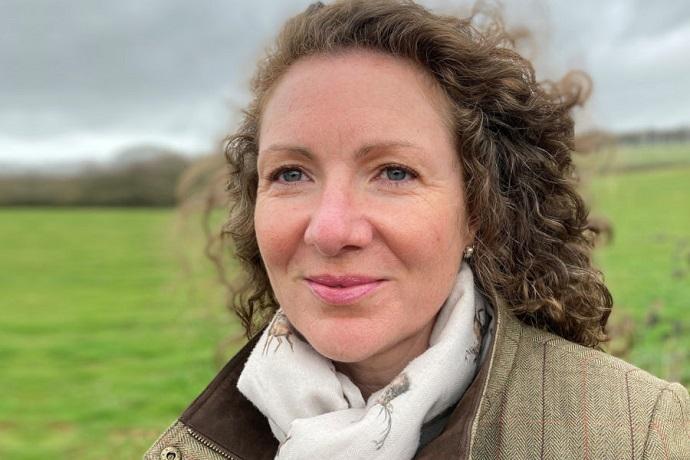The Felixstowe Peninsular is one of the driest areas of the country, yet every year thousands of tonnes of fresh water are pumped away into the River Deben. A collaborative project set up by farmers is reclaiming the water, storing it in artificial aquifers to supply summer irrigation. It offers potential for sustainable consumption while protecting the fragile wetlands. This is just one example of how technology can provide new solutions.
‘Water Innovation for Agriculture’, an event organised by Agri-TechE, the membership organisation for agri-tech innovation, is taking a look at the water challenge from a new perspective.
Dr Belinda Clarke, Director of Agri-TechE, comments: “The summer water deficit for food production is well-known, but many of the plans to create a sustainable water supply focus mainly on policy and infrastructure – to reduce water use and create reservoirs.
“If summers get hotter and drier then the requirement for agricultural water is going to increase, and worryingly, as we saw last year, some of the borehole water is turning to brine. We need to look at the issues and for solutions in different ways and a multi-disciplinary approach is required.”
A speaker at the event, Kelly Hewson-Fisher, National Water Resources Specialist at National Farmers’ Union, agrees: “I think collaboration’s going to be key for unlocking potential. In terms of innovation, we need to be looking at utilising water more efficiently and more effectively to ensure we can still maintain food security and food supply.”
Many crops rely on irrigation during the summer and there have been recent developments in smart water management. Such innovations include where water is delivered according to crop need, products that increase retention of water in the soil, and systems that re-use wastewater. These options will be discussed at the event by Aquagrain, WrootWater and Tailwater Systems.
However, access to water for food cannot be guaranteed. The current abstraction licenses, which enable farmers to pump water from rivers and boreholes, are to be replaced with permits in 2024. If the water cannot be removed from the catchment sustainably – i.e. when water levels become low – then permission will be refused.
Kelly continues: “We need to be able to capture and store water better, including rainwater harvesting and by abstracting flood water and storing it in a reservoir. In 2022 Defra supported this with grant funding through its Farming Transformation Fund and that was well subscribed.
“However, if we are to implement these initiatives we need alignment between grant funding for innovation, planning permission for reservoirs and obtaining an abstraction licence if one is required. Otherwise, it won’t work.”
She gives one example of a good farmer-led project, the Felixstowe Hydrocycle, that captures freshwater destined for the sea and reutilises it back inland. “It has filled about six on-farm reservoirs. It is those types of win:win innovation that we need to explore.”
The Hydrocycle scheme uses a ‘managed aquifer recharge’ – an innovative method of water storage which uses the natural water holding capacity of the underlying strata. Surplus water is pumped into shallow lagoons or trenches where it soaks into the ground, supplementing normal winter rainfall and helping to recharge groundwater stores.
“We also need modelling to see the implications of infrastructure developments and to see the impact on different sectors of the options that are being proposed in the National and Regional Water Strategies,” Kelly continues.
“It is essential that better information from the agricultural sector is fed into those models. One ambition is to raise the water table in the Fens. The water is currently carefully managed by the internal drainage boards, who play a critical role; it is vital they are part of any suggested solution.
“It is impossible to raise the water table in just one field; it is all interlinked with neighbouring land and will have an impact on cropping and stock levels.
“Collaboration is really the key to unlocking opportunities and potential, so if we can do that in a cross-sector, multi-sector arena and forum then you would think it would have to open up the opportunities that are available to us all.”
Agri-TechE is hosting the event “Water Innovation for Agriculture” on 8th February at Cranfield University. Speakers include: Kelly Hewson-Fisher, Daniel Johns (CEO at Water Resources East), Prof Jerry Knox and Dr Rob Simmons (both of Cranfield University) and innovators Tailwater Systems, Wroot Water and Aquagrain.
Find out more at agri-tech-e.co.uk.
[Image: Kelly Hewson-Fisher, National Water Resources Specialist at National Farmers’ Union - credit: NFU]


